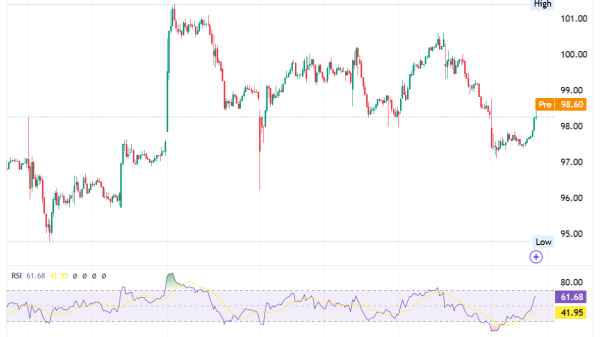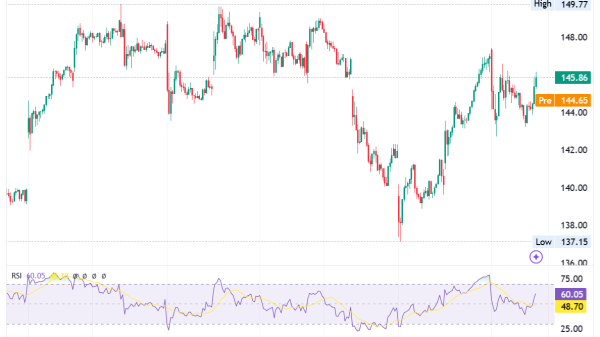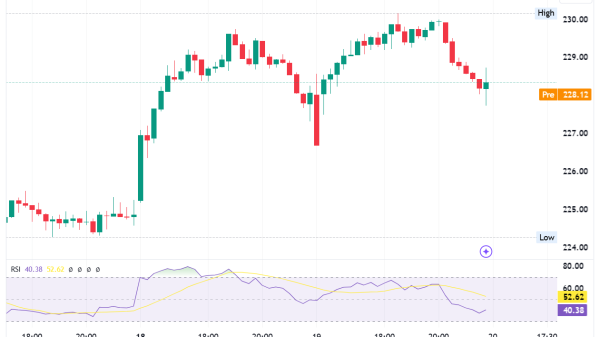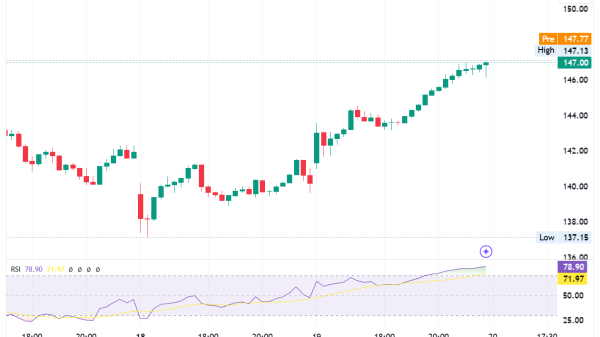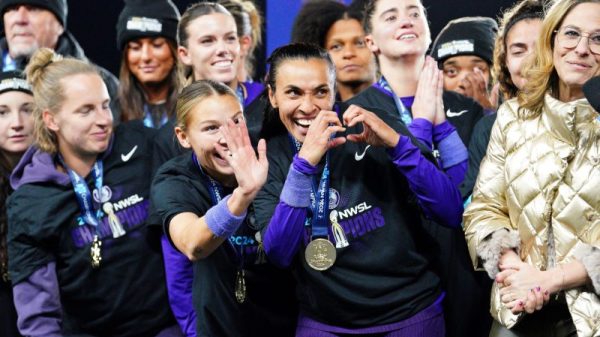
U.Today – Cardano founder Charles Hoskinson has teased an ambitious plan to enhance Bitcoin’s ecosystem by relaunching the Bitcoin Education Project in 2025 and introducing advanced resources for Bitcoin developers.
Hoskinson started The Bitcoin Education Project in 2013, providing free, peer-reviewed content on Bitcoin and the digital asset environment. Now, as he noted in a tweet, with Bitcoin “back in the family,” he intends to relaunch the Bitcoin Education Project in 2025 as well as develop a new edition of his course in the educational program.
The new edition, according to Hoskinson, will not only update previous content but will also include resources specifically for developers looking to build applications on the Bitcoin network.
In a push to expand the programming toolkit available for Bitcoin developers, Aiken education — a modern programming language and toolkit for developing smart contracts on the Cardano blockchain — will be prepared for Bitcoin developers, including hosting on Maestro and using the hyperledger GitHub.
Hoskinson also mentioned that with babel fees, Bitcoin developers can develop Hybrid Cardano/Bitcoin applications in Aiken and pay their transaction fees in Bitcoin. “DeFi is coming to Bitcoin, and it will dwarf anything Solana and Ethereum have done,” he said.
Cardano comes home to Bitcoin
In a major milestone, Cardano is integrating the BitcoinOS Grail Bridge to unleash decentralized programmability and scalability on Bitcoin.
EMURGO, a founding entity of Cardano, has partnered with BOS to enhance liquidity via the Grail Bridge, enabling trustless bridging of BTC and other Bitcoin assets. Grail Bridge uses zero-knowledge cryptography to let Bitcoin users move their assets securely.
This makes Cardano the first major Layer 1 blockchain to plug into BOS infrastructure, opening its ecosystem of crypto features to Bitcoin’s immense capital.
This wouldn’t just be a tech milestone, BitcoinOS wrote in a tweet saying it’s the homecoming of the biggest names in crypto back to Bitcoin.
This article was originally published on U.Today






